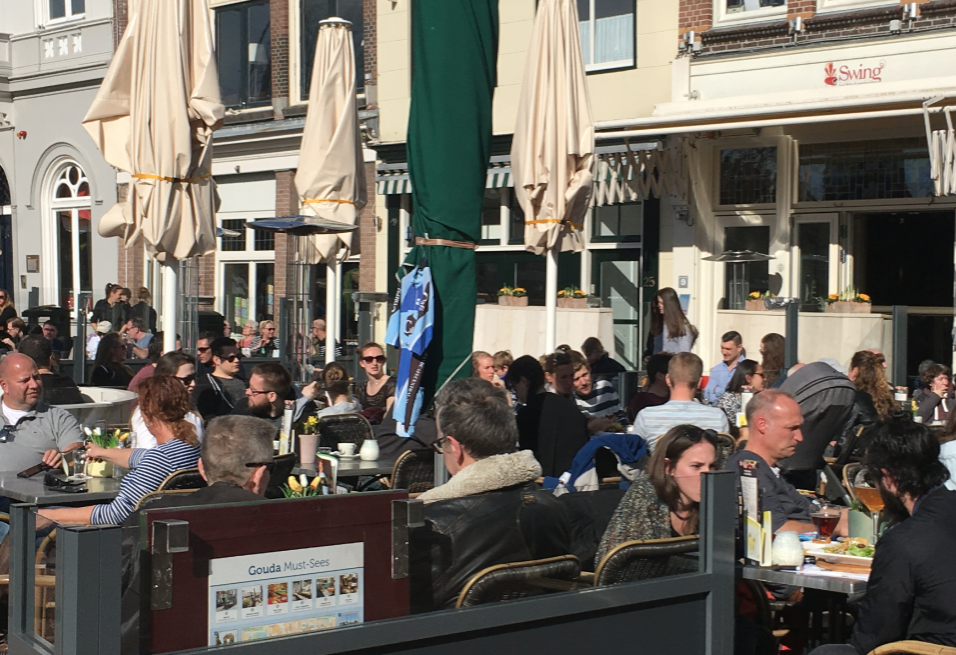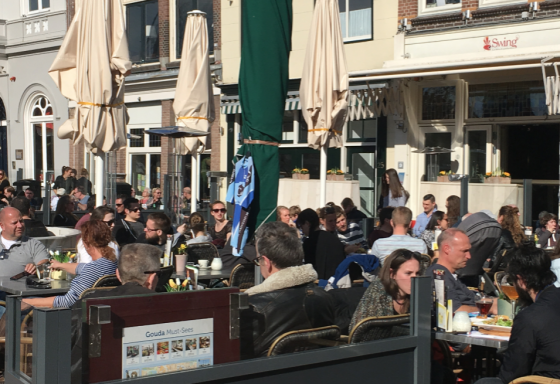Ministers announce more help for start-ups and the self-employed


The cabinet has published details of six more measures to help entrepreneurs and the self employed cope with the impact of the coronavirus crisis, in the form of temporary tax reductions totaling €4bn.
The measures follow concerns that the self-employed and small firms were being excluded from many of the government’s other support measures even though they too are being affected by the coronavirus crisis.
One of the measures will allow the owners of sole-trader companies to lower their salary temporarily, cutting premiums and income tax by some €6,200, according to finance ministry calculations.
Hours
The tax office will also take a more relaxed approach to the 1,225 hour norm which the self employed are required to work to benefit from a special tax deduction. This is because many people can no longer meet the hour requirement.
‘It would be wrong if the self-employed were to lose this at a time when they would normally be working,’ tax minister Hans Vijlbrief said, referring to the fact that so many hospitality industry workers are now out of work, despite the good weather.
Employers will also be given more scope to give their staff bonuses in the form of flowers or gift tokens, without having to pay tax over them.
The rules on corporate tax will also be adjusted temporarily to allow companies to offset losses expected this year against 2019. The finance ministry expects 125,000 companies will benefit from this.
Start-ups
The cabinet has also allocated €100m for bridging loans targeted at start-ups and scale-ups, which can be applied for from April 29. The system is being administered by regional development boards and has been drawn up together with the government’s start-up initiative Techleap.
Start-up organisations had called on the government to do more to support new companies, which were excluded from other support measures.
Loans of between €50,000 and €2m can be requested via the scheme, which is known as COL, or Corona-Overbruggingslening (corona bridging loan). Loans over €250,000 will require an equal commitment from shareholders or third party investors and all loans will be subject to 3% interest.
‘Start-ups and scale-ups are of great importance to our economy because they lead to the jobs and the income of tomorrow, as well as solving global challenges with their innovative projects and services,’ junior economic affairs minister Mona de Keijzer said.
Thank you for donating to DutchNews.nl.
We could not provide the Dutch News service, and keep it free of charge, without the generous support of our readers. Your donations allow us to report on issues you tell us matter, and provide you with a summary of the most important Dutch news each day.
Make a donation